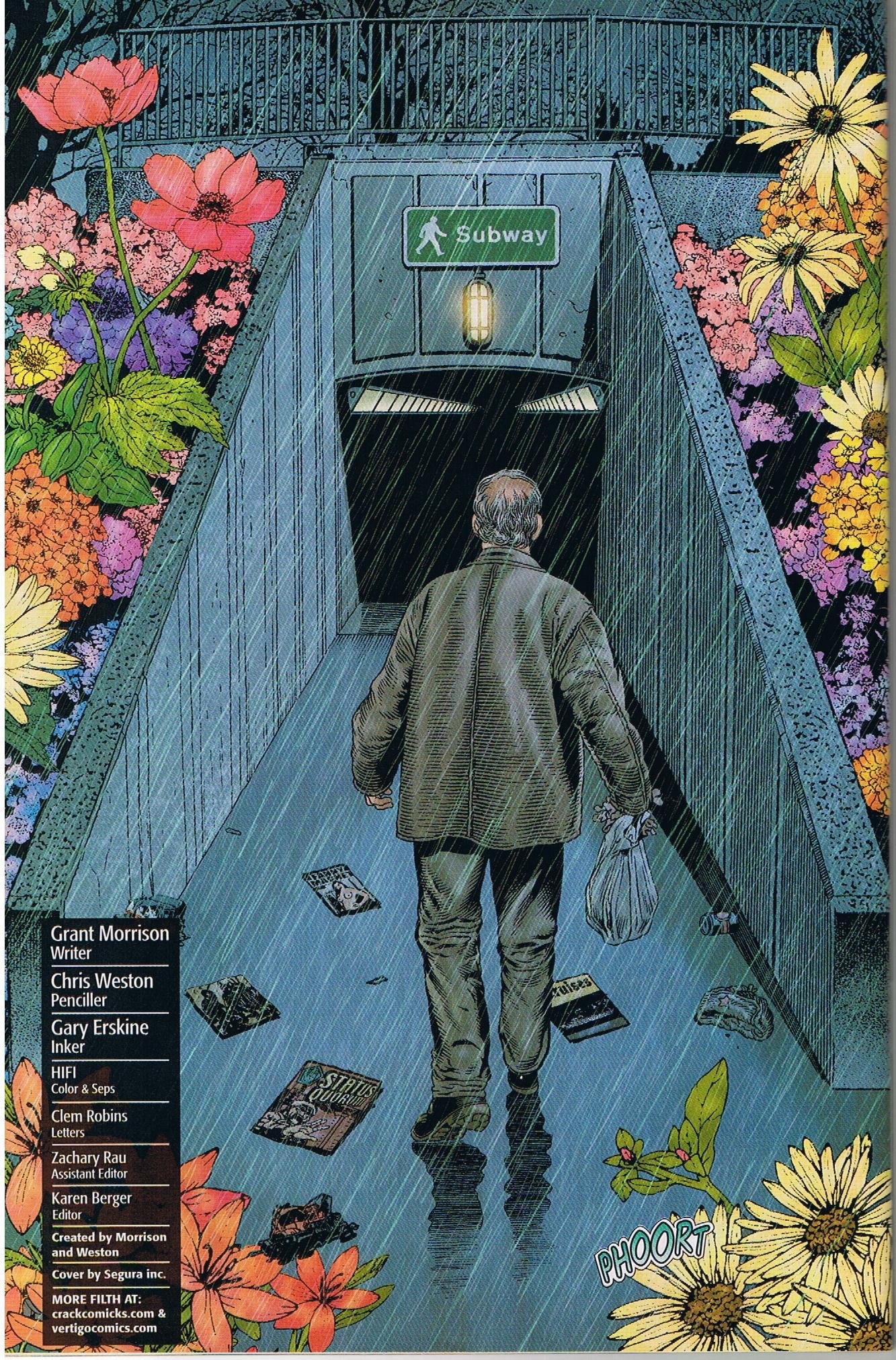If we accept that it’s possible for a game to be not fun, the next obvious question is simple: if it is not fun, is there perhaps some other reason for playing it?
Read MoreIf I had all the money in the world, I would spend it on not being advertised to. Perhaps it’s just the price of being on the internet these days, but I think that the constant presence of banners, advertisements, and boosted posts is directly harmful to everyone.
Read MoreI tend to think of this – perhaps grandiosely, perhaps unnecessarily – as a kind of libidinal architecture: creating a structure that encourages those moving through it to move towards a certain set of goals and away from a general set of lose conditions.
Read MorePlay – as Huizinga defines it above – is ultimately generative. It creates an order that would not otherwise come into being: in the middle of the twentieth century we see a narrowing of horizons. They are not so much being allowed to play as they are being encouraged to engage in what might be called a kind of “socratic” play. The doll or the model car has a specific way that the user is encouraged to engage with it in, and to do otherwise is a kind of perversion.
Read MoreIt becomes increasingly clear that what we are exploring is not a something-else but a something of which we, of which I and you and Cameron in the kitchen, are already a part. Something else is going on.
Read More




